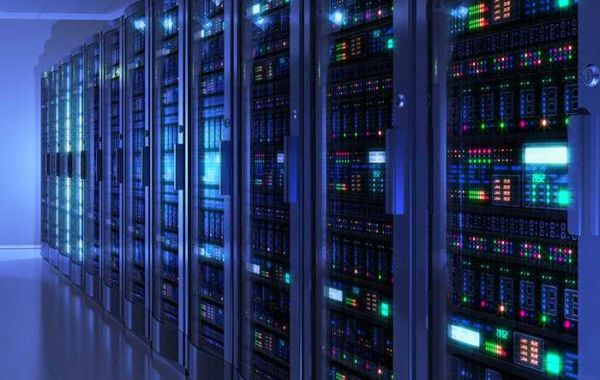Choosing the right server for software development projects is essential to create a productive and efficient development environment. The server you select should provide the necessary resources, flexibility, and tools to support your development workflow. In this article, we will discuss key considerations when choosing a development server and provide insights into selecting the most suitable option for your software development projects.
Resource Allocation: When selecting a development server, consider the resource allocation required for your development projects. The server should have sufficient processing power, RAM, and storage capacity to handle the demands of your development environment. It should be capable of running the required development tools, compilers, databases, and other necessary software components without performance bottlenecks.
Operating System Compatibility: Consider the compatibility of the server with the operating system (OS) you plan to use for your development projects. Whether you prefer Linux, Windows, or macOS, ensure that the server supports your chosen OS. This compatibility will enable seamless integration and facilitate smooth development processes.
Virtualization and Containerization Support: Virtualization and containerization technologies provide flexibility and isolation for development environments. Look for servers that support virtualization platforms like VMware or Hyper-V, or containerization platforms such as Docker or Kubernetes. These technologies allow you to create multiple isolated development environments, replicate production environments, and streamline the deployment process.
Collaboration and Version Control: Collaboration and version control are vital aspects of software development. Consider server options that support collaboration tools like Git, SVN, or Mercurial. Integration with popular version control systems enables seamless code sharing, team collaboration, and effective project management.
Remote Access and SSH: Remote access capabilities are crucial for developers who work remotely or need to access the server from different locations. Ensure that the server allows secure remote access via SSH (Secure Shell) protocol. SSH provides encrypted communication and secure remote command-line access, enabling developers to manage, configure, and debug the server remotely.
Development Tool Support: Evaluate the server's support for the development tools you use in your projects. Additionally, consider whether the server dedicated hosting supports necessary scripting languages, libraries, and frameworks required for your development projects.
Scalability and Flexibility: As your development projects grow, scalability becomes essential. Look for servers that offer scalability options to accommodate increasing resource requirements. This scalability allows you to easily upgrade or expand the server's capabilities as your development team or project demands evolve.
In conclusion, selecting the right development server is crucial for software development projects. Consider factors such as resource allocation, operating system compatibility, virtualization/containerization support, collaboration tools, remote access capabilities, development tool support, scalability, and flexibility.








